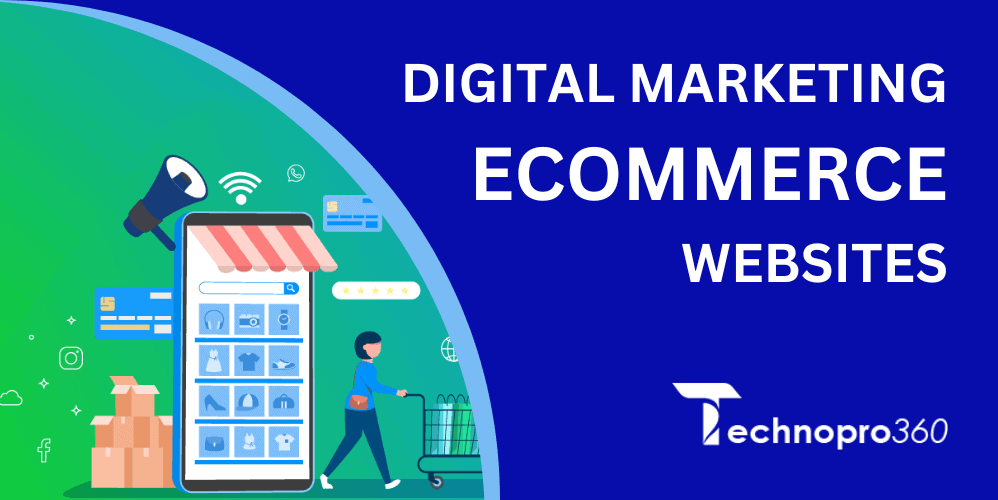Digital marketing is essential for e-commerce businesses of all sizes. With the right strategies, you can reach and engage with customers online, drive traffic to your website, and ultimately boost sales. Here are some key digital marketing tactics to consider for your eCommerce business:
Search Engine Optimization (SEO)
SEO involves optimizing your website and its content to rank higher in search engine results pages (SERPs). It can help you attract more organic traffic from people searching for products or services like yours.
Many factors can impact your SEO, including the quality and relevance of your content, your website’s structure and organization, and your website’s performance on mobile devices.
You can conduct keyword research to improve your SEO, optimize your website’s title tags and meta descriptions, and create high-quality, relevant content.
Pay-per-click (PPC) advertising
PPC advertising involves running ads on platforms like Google and Bing and paying a fee each time someone clicks on your ad. This can be an effective way to drive targeted traffic to your website and generate leads and sales.
To set up a PPC campaign, you’ll need to choose your target keywords, create ad copy and select relevant images, and set a budget for your campaign.
PPC advertising can be complex, so working with a professional agency or a PPC specialist is often helpful.
Social Media Marketing
Social media platforms like Facebook, Instagram, and Pinterest can be powerful marketing channels for eCommerce businesses. You can use social media to connect with customers, promote your products, and drive traffic to your website.
To get started, you’ll need to create social media profiles and post engaging content that resonates with your target audience. You can also use social media advertising to reach a wider audience and drive more sales.
Email Marketing
Email marketing involves sending newsletters, promotional emails, and other marketing materials to a list of subscribers. This can be an effective way to keep in touch with customers and promote your products.
To get started with email marketing, you’ll need to build an email list and create an email marketing strategy. You can use an email marketing service like Mailchimp or Constant Contact to manage your campaigns and track their performance.
Influencer marketing
Influencer marketing involves partnering with popular social media users or bloggers who have a large following in your target audience. You can work with influencers to promote your products and reach a wider audience.
To find influencers, you can search for popular accounts in your niche or use an influencer marketing platform like Upfluence or AspireIQ.
Also Read: Maximizing Marketing Efficiency with Automation
Content Marketing
Content marketing is a digital strategy that involves creating and distributing valuable, relevant, and consistent content to attract and retain a clearly defined audience.
Content marketing aims to drive profitable customer action by building trust and establishing your brand as a thought leader in your industry.
For eCommerce businesses, content marketing can educate customers about your products, showcase your brand’s personality and values, and drive traffic and sales.
Some content marketing tactics that eCommerce businesses can use include creating blog posts, producing videos, hosting webinars, and developing social media content.
Digital marketing for eCommerce
In conclusion, digital marketing is crucial for eCommerce businesses of all sizes. You can reach and engage with customers online by leveraging the right tactics, driving your website traffic, and ultimately boosting sales.

